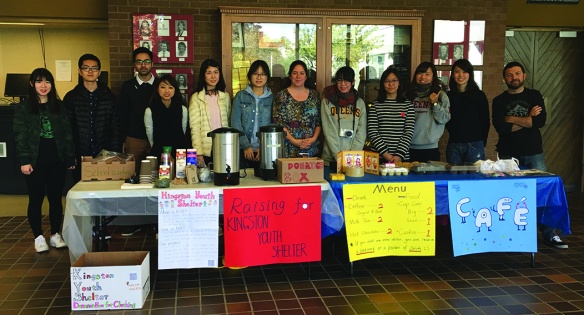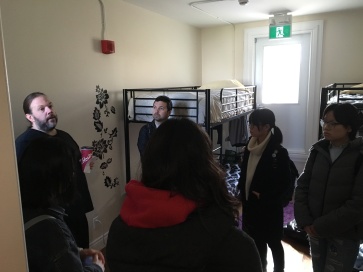Written by Rachel O’Dell
Congratulations to Julie Ju from Seoul, Korea — winner of the Summer 2017 Marion Edith Dubin Memorial Scholarship in English. Julie wrote the winning essay on the topic How has studying English affected you, and how will it impact your future plans?
The Summer ’17 EAP Program marks Julie’s third session of the English for Academic Purposes (EAP) Program at Queen’s School of English (QSoE). She is on leave from Ajou University in Korea after completing her third year there.
Julie is the only student currently at QSoE from her university. She learned of QSoE from a friend who 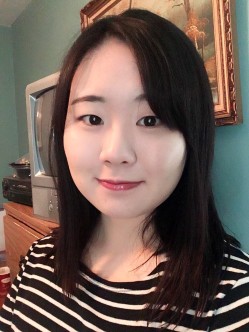 attended some time ago, and recommended the experience. According to Julie, in Korea children are taught to listen and read in English, but writing and speaking are not taught. As an English major, Julie wanted to come to QSoE to focus on improving her English speaking skills. I’d say she has achieved her goal; her English during our interview was excellent!
attended some time ago, and recommended the experience. According to Julie, in Korea children are taught to listen and read in English, but writing and speaking are not taught. As an English major, Julie wanted to come to QSoE to focus on improving her English speaking skills. I’d say she has achieved her goal; her English during our interview was excellent!
Although Julie has not traveled much and has plans to live and work in her home city of Seoul after her studies are complete, experiencing a new place was another motivating factor for her coming to QSoE. She finds the people in Kingston to be very friendly, and admires the clean environment of the city. Compared to the Korean cuisine she’s known her whole life, Canadian food is very different for Julie, but she likes it! She is grateful to her Homestay hosts for their tremendous support in her speedy adjustment to Canadian culture.
Julie has taken advantage of Kingston’s central location; she has traveled to Ottawa, Montreal, Toronto and Quebec City so far, and has plans for New York City with friends during break week this summer! I asked her where in our large country she would still like to visit, and she replied that she had heard that Vancouver is beautiful and has lovely weather during summertime.
After the Summer EAP Program at QSoE, Julie will return to Ajou Unviersity to complete her undergraduate degree in English. After graduating, Julie would like to work in Seoul where she can put her excellent English language skills to use.


 n thinking about what is important to them, and how they could take action in Kingston.
n thinking about what is important to them, and how they could take action in Kingston.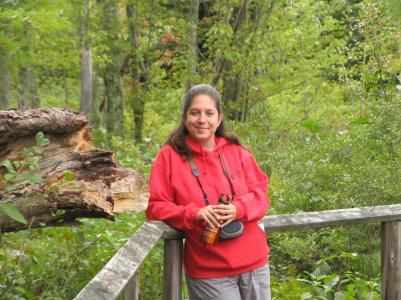
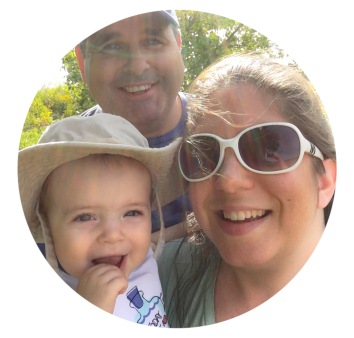
 Name a country you would love to visit – why do you want to visit this place?
Name a country you would love to visit – why do you want to visit this place?



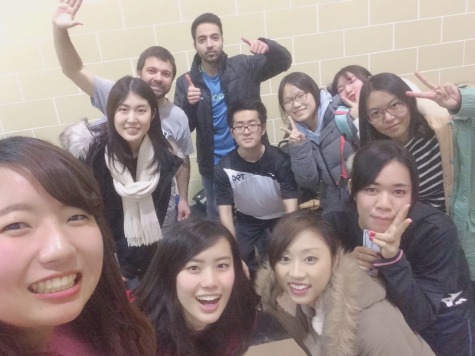





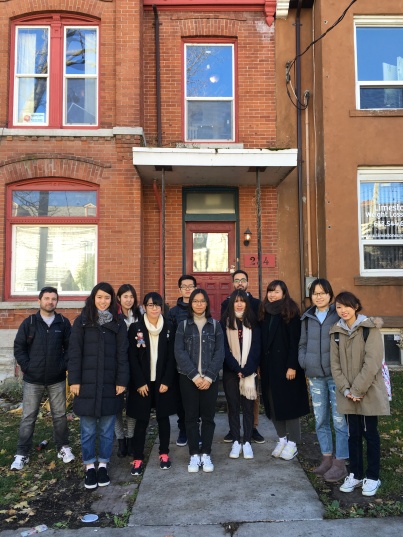 The class collectively decided that, if given the opportunity, they would like to support Kingston Youth Shelter. Several members of the class explained that as a class, they felt that they could best support this charity because they could easily relate to who it serves (youth of similar ages to themselves), and they liked the idea of keeping the money raised within the local community.
The class collectively decided that, if given the opportunity, they would like to support Kingston Youth Shelter. Several members of the class explained that as a class, they felt that they could best support this charity because they could easily relate to who it serves (youth of similar ages to themselves), and they liked the idea of keeping the money raised within the local community.